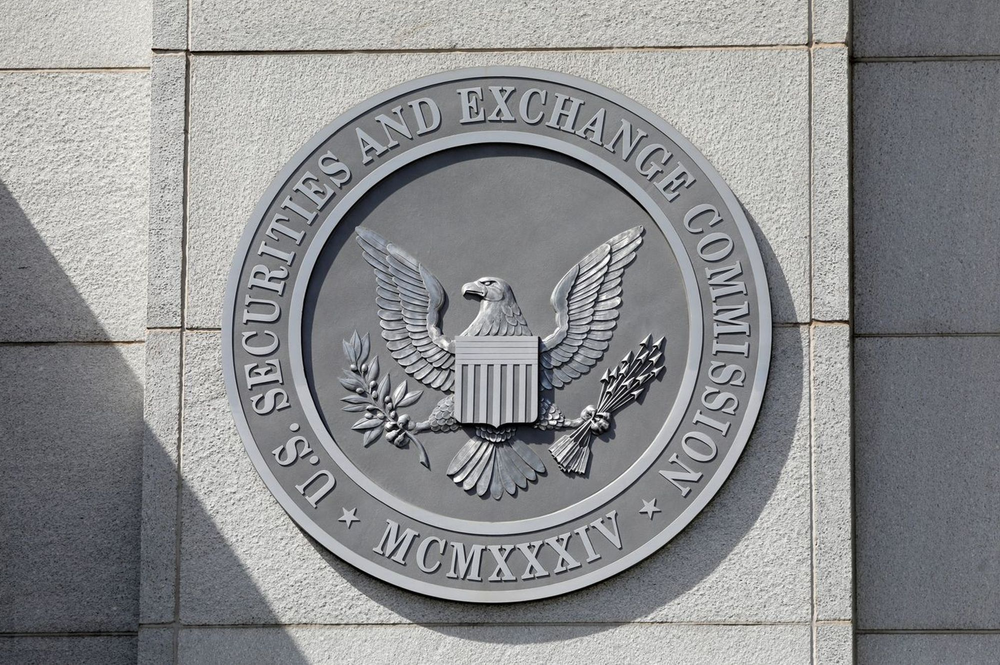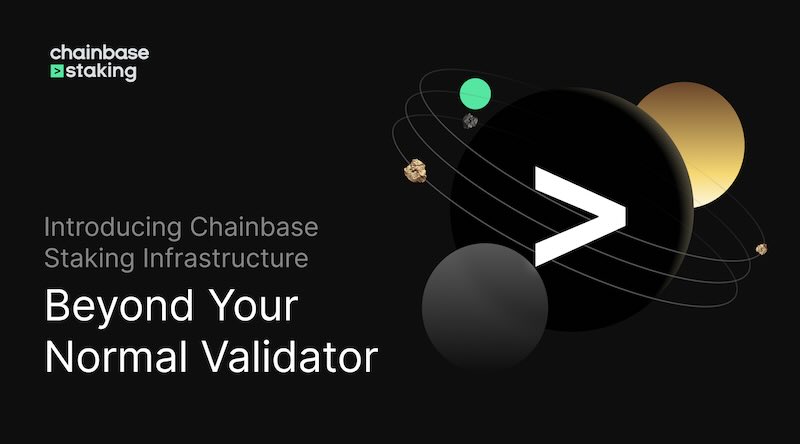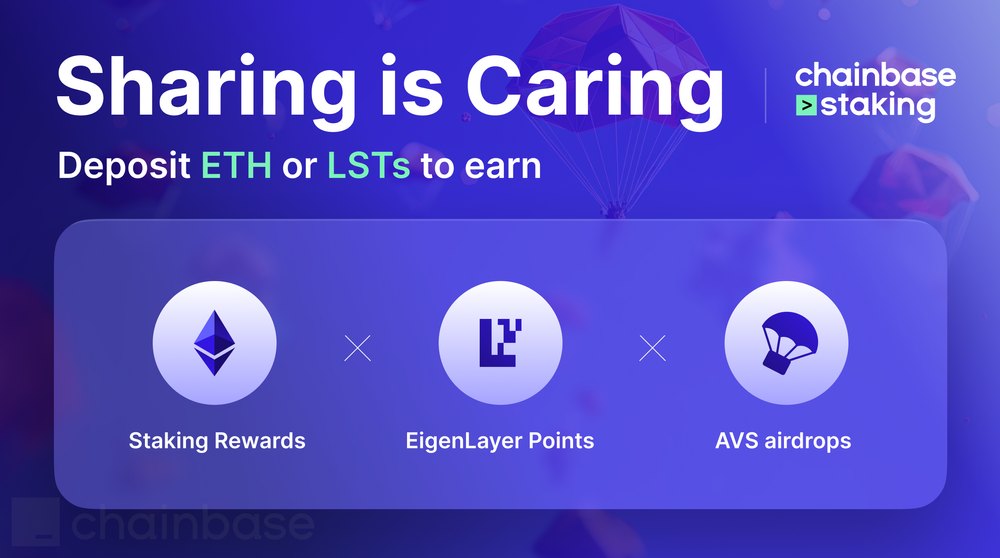Timeline
2021.8 - SEC Chairman Gary Gensler expresses favor for investment tools including futures, leading to a surge in Bitcoin futures ETF applications.
2022.6 - Grayscale's application to convert its institutional fund GBTC into a spot ETF is rejected by the SEC.
2022.6 - Grayscale files a lawsuit against the SEC and submits a request for a rehearing.
2023.1 - Court documents are submitted, and vigorous debates commence.
2023.8.29 - The U.S. Court of Appeals for the District of Columbia ruled that the U.S. Securities and Exchange Commission (SEC) erred in rejecting the application of Grayscale, the crypto asset management firm, to list an exchange-traded fund (ETF) tracking cryptocurrency prices. Grayscale wins the lawsuit against the SEC.
Overview
In recent times, the legal battle between Grayscale and the U.S. Securities and Exchange Commission (SEC) has garnered widespread attention in the financial and cryptocurrency sectors. U.S. court documents reveal that Grayscale's request for a rehearing was granted, leading to the reversal of the SEC's order. Last year, Grayscale filed a lawsuit against the SEC after the commission rejected its proposal to convert its flagship fund, GBTC, into a spot Bitcoin ETF. This ruling signifies that Grayscale emerged victorious in its legal battle against the U.S. SEC.

Introducing the Parties
Grayscale
Grayscale is a prominent digital asset management company headquartered in the United States. The company specializes in providing investors with convenient ways to invest in and hold a variety of different cryptocurrency assets without directly purchasing and storing these digital assets. Grayscale offers a range of cryptocurrency trust funds, allowing investors to gain exposure to the volatility of cryptocurrency by purchasing shares in these trust funds.
One of Grayscale's most notable products is the Grayscale Bitcoin Trust (GBTC), which enables investors to gain exposure to Bitcoin investment by purchasing GBTC shares. In addition to Bitcoin, Grayscale offers a range of other cryptocurrency trust funds, including Ethereum, Litecoin, Ethereum Classic, and Bitcoin Cash.
These trust funds enable investors to purchase and hold cryptocurrency assets within traditional brokerage accounts through securities exchanges, without the need to manage the security and private keys of these digital assets themselves. This provides both institutional and individual investors with a relatively secure and compliant means to participate in the cryptocurrency market. Grayscale's products have become part of many traditional investment portfolios, offering diversified asset allocation options to investors.
SEC
The U.S. Securities and Exchange Commission (SEC) is a U.S. government agency established in 1934. Its primary responsibilities include regulating and overseeing the U.S. securities market and the securities industry. It is an independent agency of the U.S. federal government, with a mission to protect investors, ensure fair and transparent market operation, and promote the development of capital markets.
The SEC's responsibilities include:
- Regulating the Securities Market: The SEC is responsible for regulating and supervising the U.S. securities market, ensuring market transparency and fair competition to safeguard investors' interests.
- Rulemaking and Enforcement: The SEC formulates and enforces a range of rules and regulations to ensure market participants comply with the law, including securities acts.
- Securities Registration: Any securities sold in the U.S. must be registered according to the provisions of federal securities acts, and the SEC is responsible for reviewing and approving these registration applications.
- Supervising Company Disclosures: The SEC requires publicly traded companies to regularly disclose financial information and other significant information to investors as mandated.
- Enforcement: The SEC has enforcement powers, allowing it to investigate and prosecute actions violating securities laws.
- Education and Investor Protection: The SEC provides education and resources to help investors better understand the investment market and offers advice to protect investors.
In summary, the SEC aims to ensure transparency, fairness, and healthy operation of the U.S. securities market, protecting investors' rights and promoting economic development. It is also considered a benchmark in financial market regulation globally.
Cause of Lawsuit
The legal dispute between Grayscale and the SEC revolves around the legal classification of Grayscale Bitcoin Trust (GBTC) as either a security or an exchange-traded fund (ETF). The SEC contends that GBTC's structure and operation make it more akin to a security under the law. Grayscale vehemently opposes this view, asserting that GBTC is essentially an ETF and should not be subject to SEC securities regulations.
Last year, Grayscale applied to convert its Bitcoin trust into an ETF, stating that this would allow investors to gain exposure to the world's largest cryptocurrency without owning Bitcoin directly. However, the U.S. Securities and Exchange Commission expressed concerns about the susceptibility of spot Bitcoin ETFs to manipulation, leading to the rejection of the proposal as Grayscale failed to provide evidence of safeguards against market manipulation or similar improper conduct. Grayscale subsequently decided to sue the SEC.
About BTC ETFs
ETFs, or Exchange-Traded Funds, are hybrid instruments between stocks and mutual funds. They offer a basket of assets, such as stocks, bonds, or commodities, that can be traded on major securities exchanges. Unlike mutual funds priced at the end of trading days, ETFs reflect real-time price fluctuations of their underlying assets. This allows investors to trade them like ordinary stocks.
Unlike owning BTC directly, investors sometimes need to engage in complex storage and security measures. BTC ETFs enable investors to invest in BTC in a familiar traditional format. While investors hold shares representing the value fluctuations of BTC, they may not necessarily possess BTC itself. Its appeal lies in potentially bridging the gap between traditional finance and the crypto industry. For investors accustomed to the regulatory environment of stock markets, ETFs offer an easier way to enter the world of crypto investment without dealing with the complexities of digital wallets or decentralized exchanges.
However, concerns about market manipulation, liquidity, and the inherent volatility of crypto assets have been reasons for regulatory caution by bodies like the SEC, potentially contributing to some of the reasons for the SEC's rejection of Grayscale's application.
In this context, a series of BTC ETF applications have been submitted, awaiting SEC approval, and a competition for BTC ETFs has emerged. Nasdaq has agreed to list the Valkyrie Bitcoin Strategy ETF, pending SEC approval, and joins other companies such as ProShares, Invesco, VanEck, Ark Invest, and 21Shares in vying for futures-based ETF approvals.

Debate and Outcome
Following the initiation of the lawsuit between Grayscale and the SEC, both parties engaged in heated debates. Grayscale argued that the regulatory framework for Bitcoin futures ETFs should apply to Grayscale's spot ETF as well, as both products rely on the underlying price of Bitcoin.
Grayscale provided substantial evidence during the legal process, attempting to demonstrate the fundamental differences in the operation of GBTC compared to traditional securities. However, the SEC maintained its stance, asserting that these products are susceptible to market manipulation.
Grayscale stated that the SEC's denial actions were "arbitrary and capricious" as it approved "substantially similar" Bitcoin futures ETFs (including products by Teucrium and Valkyrie). This is because the committee failed to explain the disparate treatment of similar products. The Court of Appeals ruled that the digital asset management firm provided substantial evidence that its proposed Bitcoin ETF is similar to exchange-traded products based on futures and should receive similar regulatory treatment.
While this doesn't directly grant SEC approval to Grayscale's application, it necessitates the SEC to review the application once again. A spokesperson for the U.S. SEC stated that they are reviewing the court's ruling on the Grayscale Bitcoin ETF issue to determine the next steps. Grayscale's CEO also mentioned that their legal team is actively reviewing the court's opinion.
Both parties now have 45 days to appeal the ruling, either to the U.S. Supreme Court or for an en banc review. It remains unclear whether the SEC will appeal.
If Grayscale ultimately prevails and the SEC doesn't appeal, the court will provide specifics on how to implement its decision, which could involve directing the SEC to approve the application or reconsidering Grayscale's application, in which case the SEC could still reject the proposal for other reasons. However, this ruling is likely to influence the SEC's decisions on such proposals concerning crypto assets.

As a result of this news, the prices of Bitcoin, Ethereum, and other major cryptocurrencies have experienced significant increases.
About Chainbase
Chainbase is an open Web3 data infrastructure for accessing, organizing, and analyzing on-chain data at scale. It helps people to better utilize on-chain data by combining rich datasets with open computing technologies in one data platform. Chainbase’s ultimate goal is to increase data freedom in the crypto.
More than 5,000 developers actively interact with our platform and over 200Mn data requests per day as their data backend and integrate chainbase into their main workflow. Additionally, we are working with ~10 top-tier public chains as first-tier validators and managing over US $500Mn tokens non-custodial as a validator provider. Find out more at: chainbase.com
Want to learn more about Chainbase?
Sign up for a free account, and Check out our documentation.
Website|Blog|Twitter|Discord|Link3









